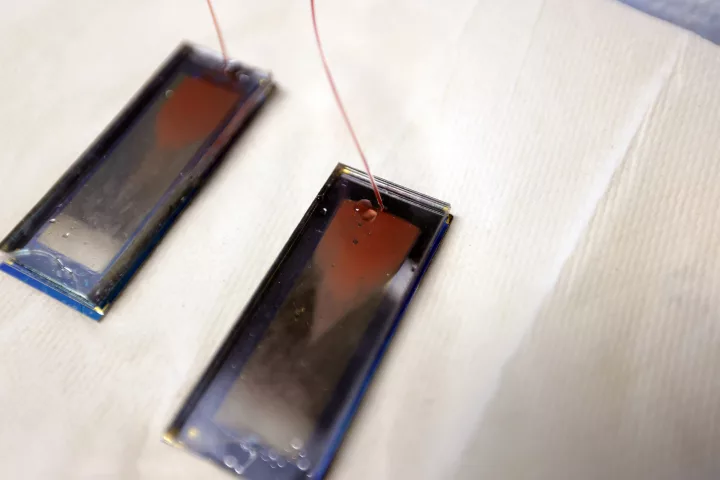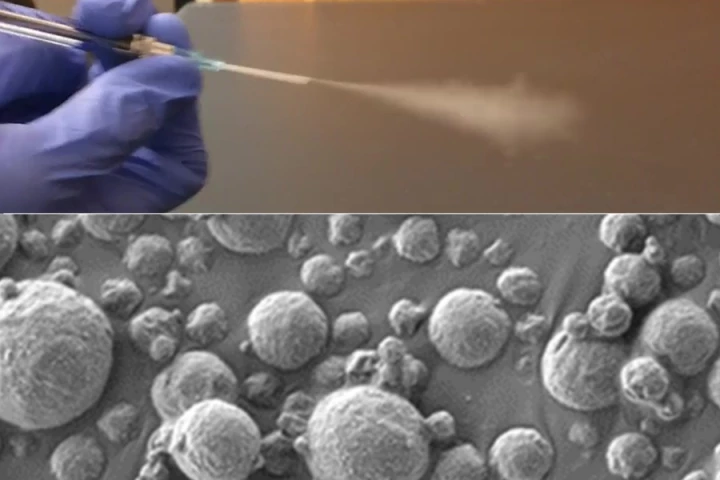Lung cancer
-
Researchers have discovered a particular type of cancer cell that relies on its own biological electric utility company to thrive. Disrupting this power plant – with the help of a puffer fish – showed a breakthrough way to fight the tumors.
-
A new study has identified one of the reasons why cancer frequently spreads from elsewhere in the body to the lungs: an amino acid called aspartate. The findings improve our understanding of cancer and open the door to new treatments for metastatic disease.
-
Researchers have developed a nanoscale sensor that detects lung cancer by analyzing isoprene levels in your breath. The team believes its breakthrough could unlock a non-invasive, low-cost method to catch the disease early and save lives.
-
A 67-year-old London man with lung cancer is the first to receive a new cancer vaccine as part of an international trial. The early-stage research will test the immune therapy’s safety and whether it can be used together with existing cancer treatments.
-
Lung cancer is the number one cause of cancer-related deaths worldwide. A trial of a new anti-cancer drug has found that five years after treatment, 60% of patients with a very common form of the disease are still alive, and the cancer has not progressed.
-
Researchers have developed a chip that analyzes a patient’s blood for cancer cells, enabling physicians to determine whether lung cancer treatment is working by as early as the fourth week and allowing them to alter treatment as needed.
-
MIT scientists have developed an easier method for diagnosing lung cancer – breathe in some inhalable nanoparticle sensors, then pee on a stick. The method should be less invasive than CT scans, and easier to perform in low-income regions.
-
A Phase 2 clinical trial of immunotherapy drug tarlatamab, produced promising results in patients with small cell lung cancer, a particularly aggressive form of cancer, for whom previous treatments haven't worked.
-
That a new cancer trial is about to start in the US is positive but not out of the ordinary, right? Except it is. This trial will be one of the first undertaken in a real-world clinical setting and represents a new model for future clinical trials.
-
Scientists have long known that the engine room of cells, the mitochondria, play an essential role in the growth of cancer. Now, they have the clearest picture yet of just how the energy organelles form complex structures within lung cancer tumors.
-
Extraordinary research has presented a new hypothesis as to how cancer develops, inspired by a forgotten study from 75 years ago. The research showed how pre-existing mutations in healthy tissue can be prompted into tumorous proliferation by air pollution.
-
Small cell lung cancer (SCLC) is one of the deadliest forms of the disease, but now scientists may have a promising new avenue for treatment. By combining a new drug with an outdated one, the team found that they could halt growth of tumors in mice.
Load More











